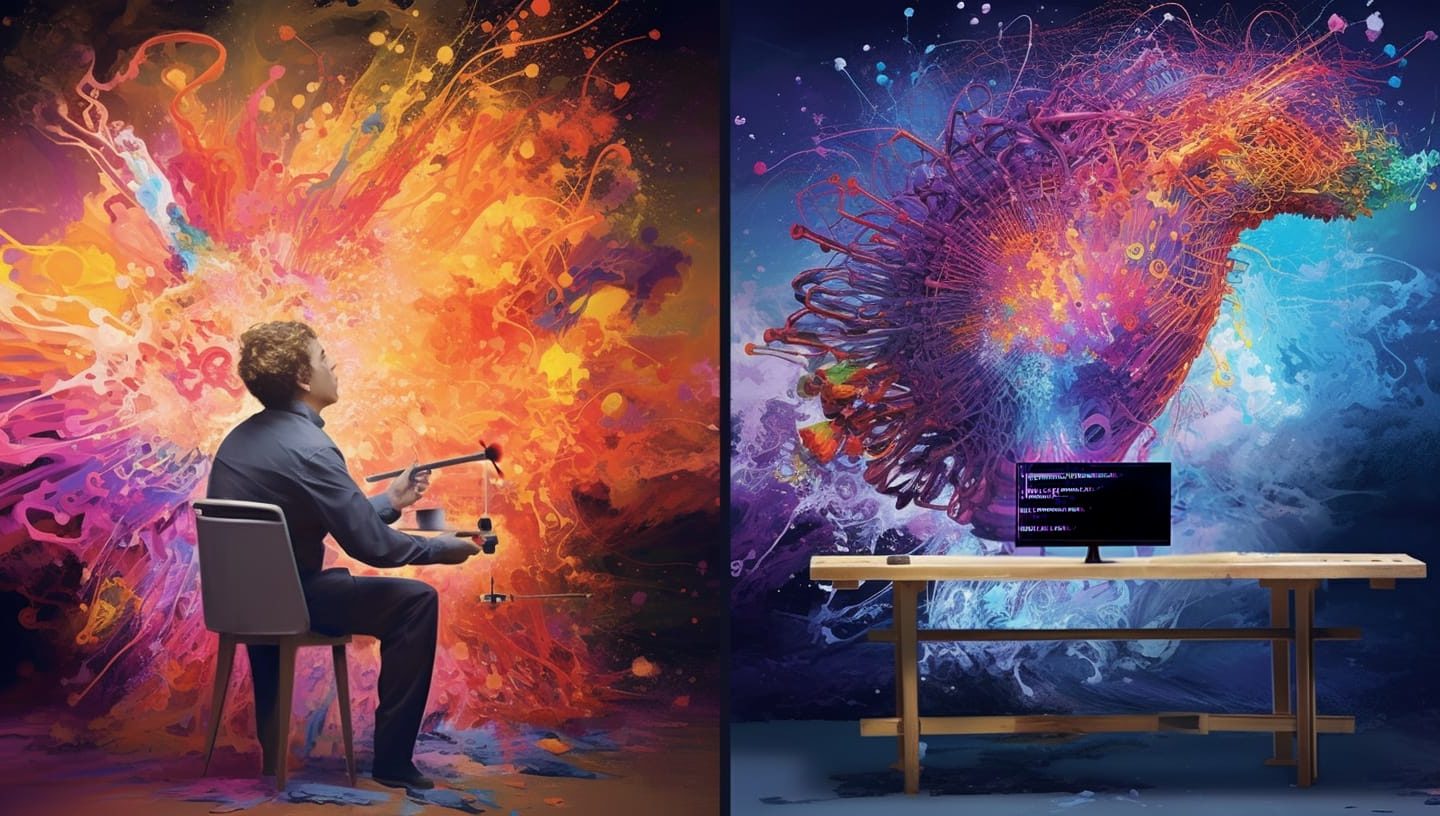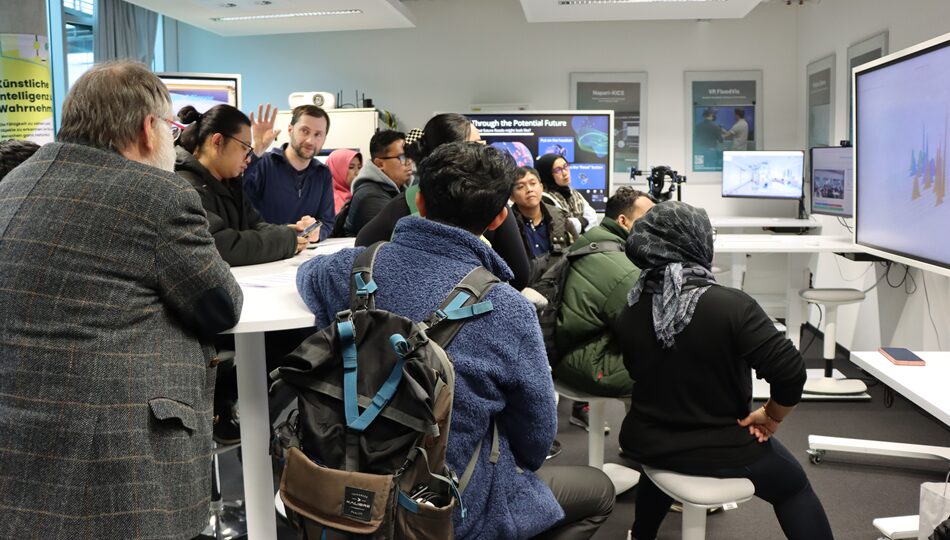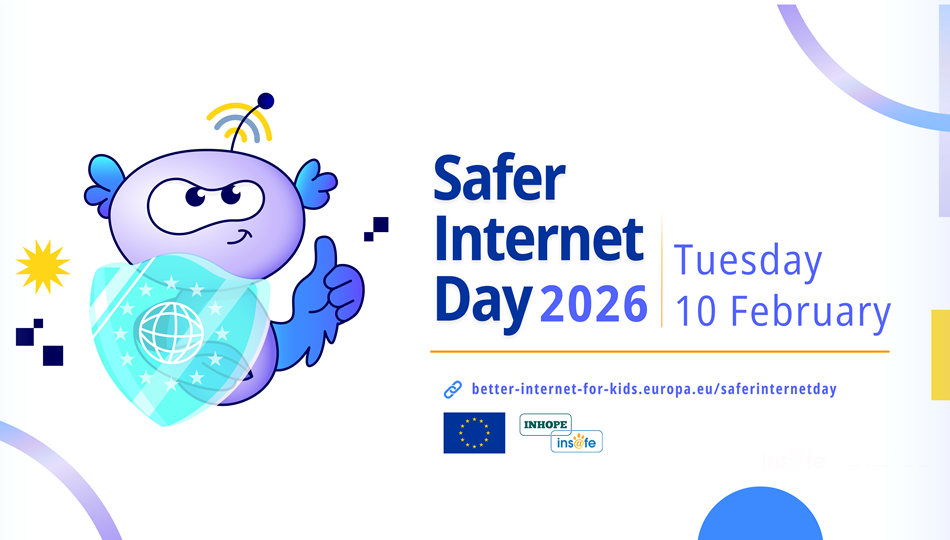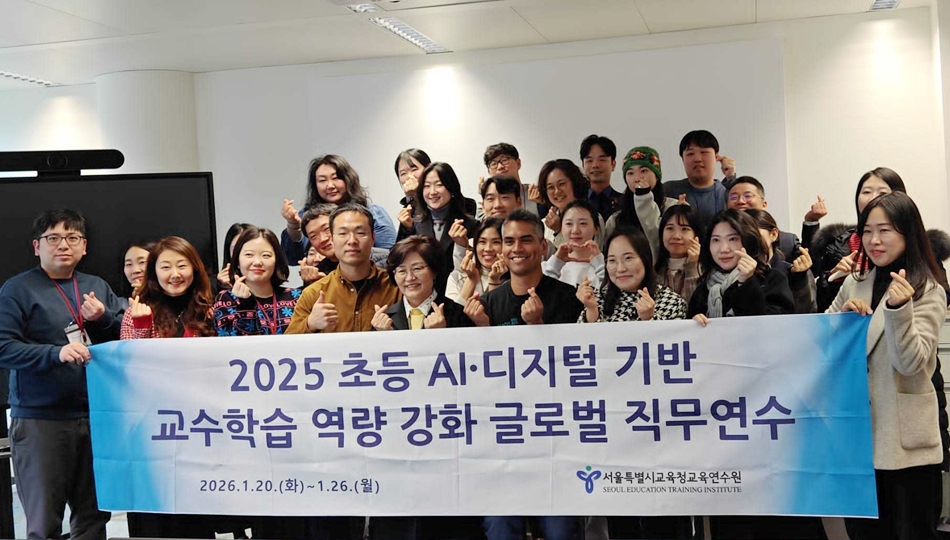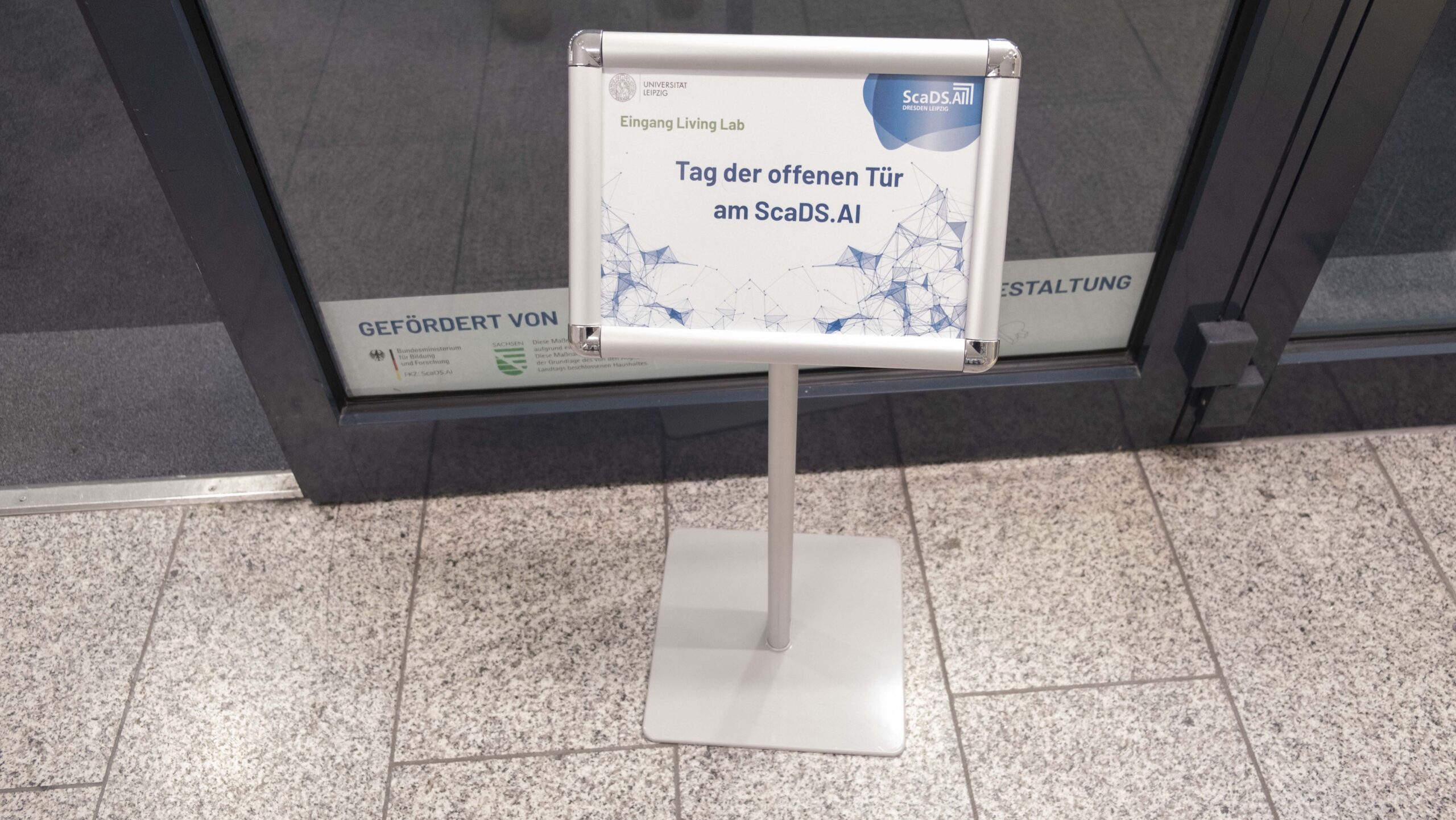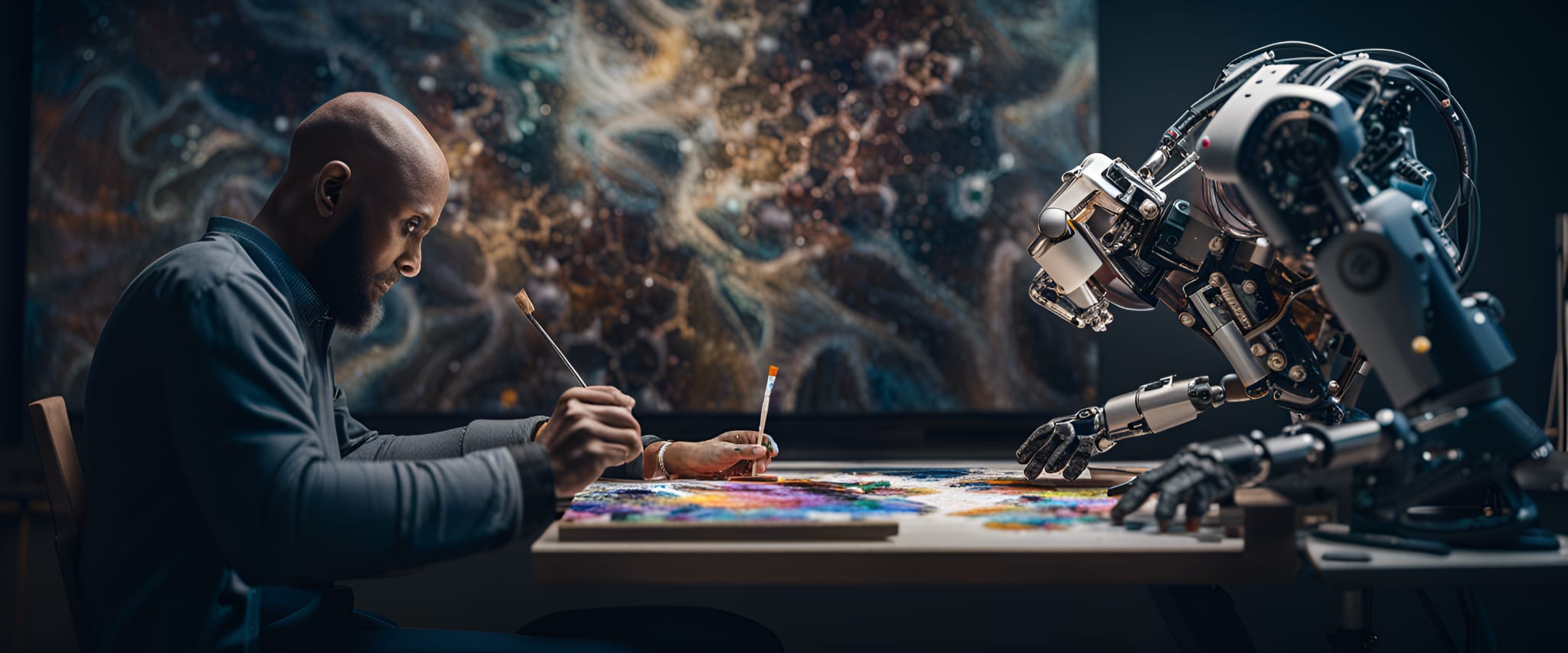
July 25, 2023
Cracking the Code: AI Creativity vs Human Expression

The Intricacies of Human Creativity
Human creativity is rooted in personal experiences and emotions, offering not only intentionality but also emotional depth that cannot be replicated by AI. It is the ability to produce or use original and unusual ideas, often driven by emotions and personal experiences. This unique human quality allows for the creation of art that resonates deeply with viewers, connecting them with the emotions conveyed in the work.
Potential and Limitations
AI creativity, such as generative AI, is limited by its training data and algorithms. Despite the ability to produce novels and technically proficient content, it lacks the emotional depth and intentionality of human creativity. AI-generated art is often limited by the algorithms and data sets used to create it. It can result in repetitive or formulaic artwork. AI-generated art lacks the ability to make intuitive decisions and understand the nuances of human emotion. Which are essential components of truly great art.
Impressive AI Art Pieces
Despite these limitations, AI has been used to create some impressive art pieces. Examples include “Keep Running” by James She, “Electric Fan” by Tom White. “Anatomy Lessons” by Harshit Agrawal, and “The Next Rembrandt”. These artworks showcase the potential of AI to broaden creative horizons and inspire human artists.
The Intersection of AI and Human Expression
The future of creativity lies in the intersection of AI and human expression. AI can be used to enhance and complement human creativity, providing new insights and inspiration to human creatives. For instance, it can automate repetitive and time-consuming tasks involved in the creative process, allowing artists and designers to focus on more innovative and creative work.
Coexistence and Complementarity
However, it is essential to recognize that AI and human creativity are not mutually exclusive. Instead, they can coexist and complement each other. AI can serve as a valuable tool for artists, helping them explore new ideas and techniques, while human creativity remains the driving force behind truly meaningful and impactful works of art.
The Future of AI Creativity
In conclusion, Artificial Intelligence is not going to replace human creativity anytime soon. While AI can perform certain creative tasks, it lacks the emotional intelligence, personal experiences, and consciousness necessary to truly replicate the human creative process. As AI continues to advance, it will undoubtedly play a more significant role in the creative industries, but the unique qualities of human creativity will remain irreplaceable. The dance of creativity between Artificial Intelligence and human ingenuity will continue to evolve, shaping the future of art, music, and other creative fields.
